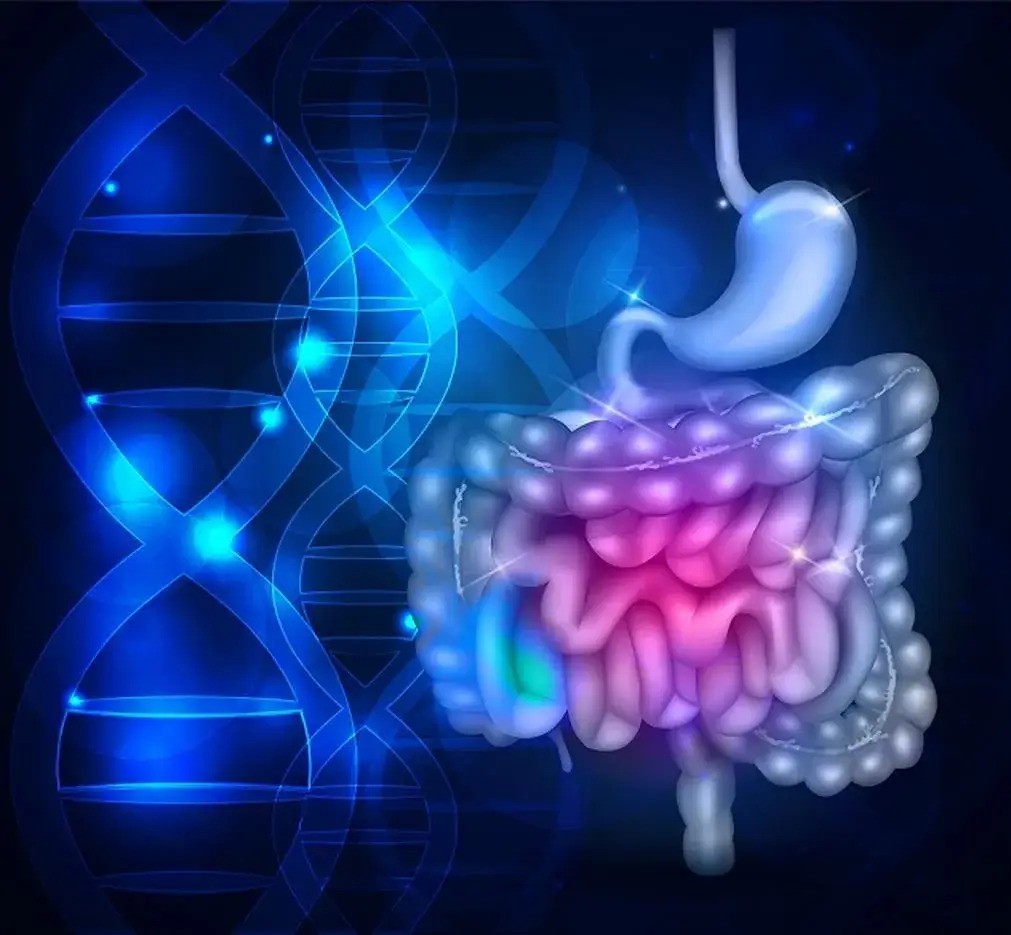
Telemedicine Appointments Are Now Available
Your Trusted Double - Board Certified Gastroenterologist





Appendicitis is inflammation of the appendix, a small pouch attached to the cecum, the beginning of the colon, on the lower right side of the abdomen. The appendix is not necessary for life, but it can become diseased. If untreated, an inflamed appendix can burst, causing infection and even death. Appendicitis can affect people at any age. It is most common in people ages 10 to 30.
Because of the risk of rupture, appendicitis is considered an emergency. Anyone with symptoms needs to see a doctor immediately. Symptoms include
The pain usually begins near the navel and moves down and to the right. The pain becomes worse when moving, taking deep breaths, coughing, sneezing, and being touched in the area. Not everyone has all the symptoms. People with symptoms of appendicitis should not take laxatives or enemas to relieve constipation because these medicines could cause the appendix to burst. Pain medicine can mask symptoms that the doctor needs to know about, so it should not be used before consulting a doctor when appendicitis is suspected.
The doctor bases an appendicitis diagnosis on symptoms, a physical exam, blood tests to check for signs of infection such as a high white blood cell count, and urine tests to rule out a urinary tract infection. Usually doctors use CT scan or ultrasound to see whether the appendix looks inflamed.
If the diagnosis of appendicitis is not certain, people with equivocal signs of appendicitis may be watched and sometimes treated with antibiotics. People with definite appendicitis should have surgery to remove the appendix,. The procedure in which the appendix is removed is called an appendectomy. Doctors may use laparoscopic surgery for an appendectomy. This technique involves making several tiny cuts in the abdomen and inserting a miniature camera and surgical instruments. The surgeon then removes the appendix with the instruments, so there is usually no need to make a large incision in the abdomen. People can live a normal life without their appendix–changes in diet, exercise, or other lifestyle factors are not necessary.
Check Out Our Reviews & Testimonials
At Midwest GI Health we are proud to share our patient referrals from Healthgrades, Vitals, Google and Facebook. Please take some time to see how pleased our patients are with our professionalism and quality of care.
After years and years of stomach issues and having the same simple tests done with no results, I saw Dr. Taormina and he’s actually trying to help figure it all out, new tests…

The staff was very professional and friendly. The exam was explained by a nurse and the Anesthesiologist then came in to explain what she was going to do. Dr Taormina came…

The facility is small enough you don’t feel like a number and big enough you know they have what they need in case of an emergency. Dr Taormina is easy to talk to and answers all questions. Explains everything well, easy to understand. The group of nurses are also great!

Free Resources